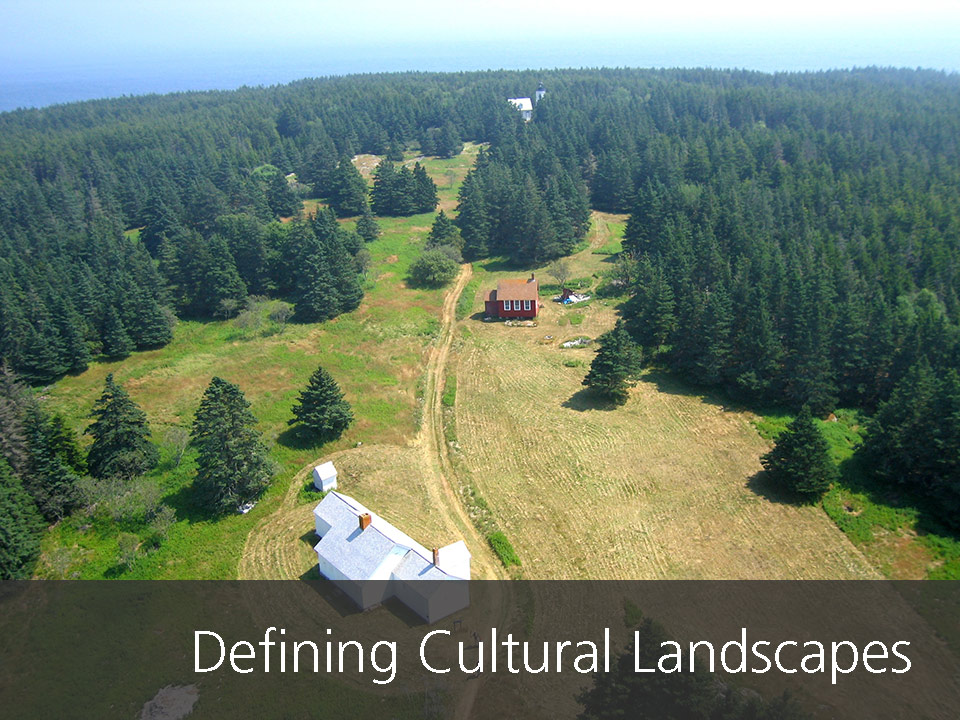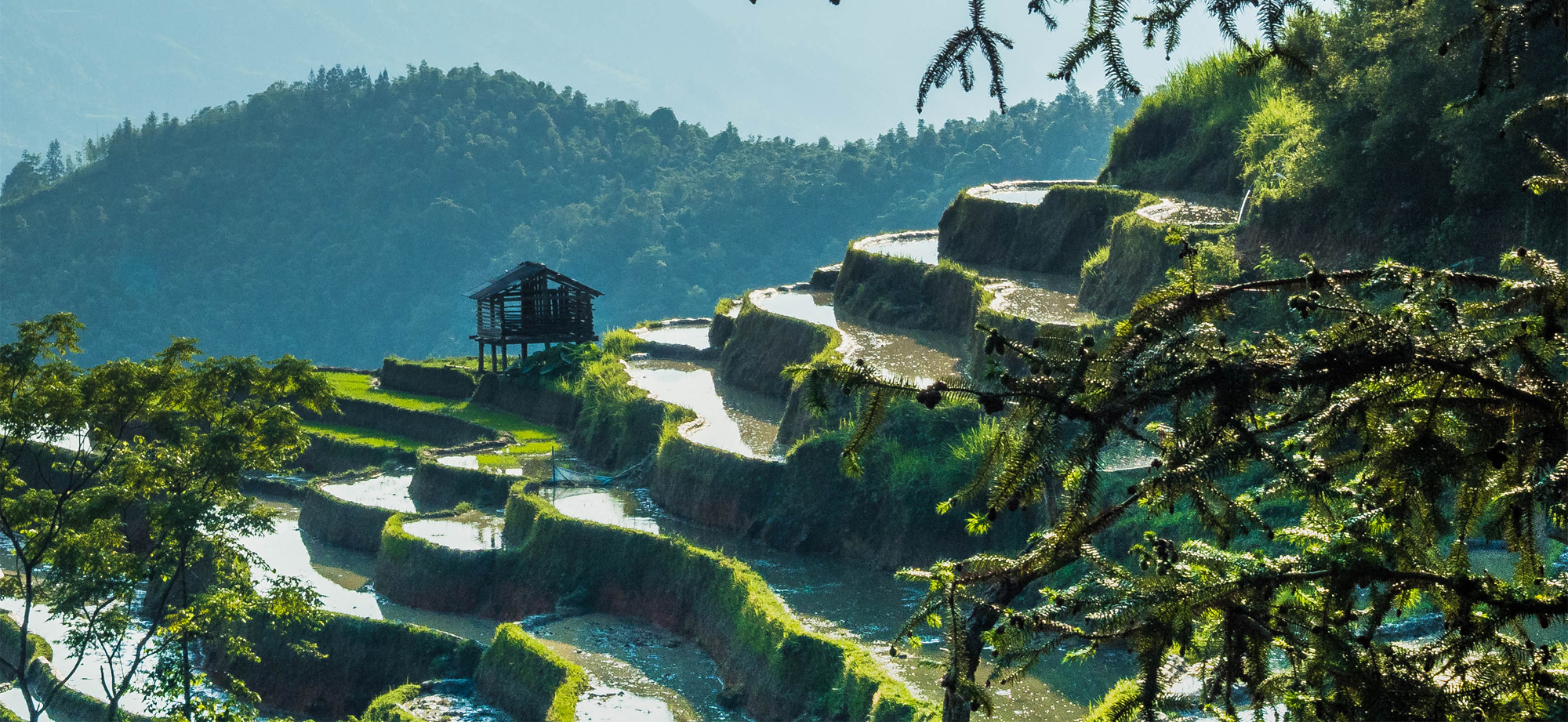
Furthermore, by recovering the water resource and restoring the water-woods, traditional water worship ceremonies have been recovered and are being sustained. The village is clean and the rural environment has been highly improved. Under the new canal chief leadership, water flows again in its traditional distribution way, while tensions and disputes of water have been released. It was found that the water-wood management system not only helps in maintaining the water supply and balance for irrigation, but it also empowers local communities and their new understandings of Indigenous knowledge and cultural identity. During the process of investigation, the relationship between the water management system and its cultural and social connotations were clarified. This project contributed to preserve the authenticity and integrity of the Honghe Hani Rice Terraces. These building blocks supported and feedback on the establishment of a legislation and regulation system for the protection and development of the HHRT (BB5). This participatory research results were the foundation for the restoration of the traditional water-woods, canals and channels (BB3).The restoration project and recognition of the traditional governance and ecological management systems gave added value to the red rice, permitting the increasing of the economic value of terrace-products (BB4), which helps addressing the economic challenge (poverty, outmigration).

The environmental challenge (drought) was directly linked to a social challenge (loss of traditional knowledge and governance systems). Led by research institutions (independent and governmental) and with the support of local communities, a participatory investigation on the HHRT values allowed to understand the underlying issues affecting the water management system in Yakou village, as an example of the villages in the HHRT (BB2).

The prefecture-county-township-village partnership enabled a multi-level intervention in the HHRT (BB1).


 0 kommentar(er)
0 kommentar(er)
